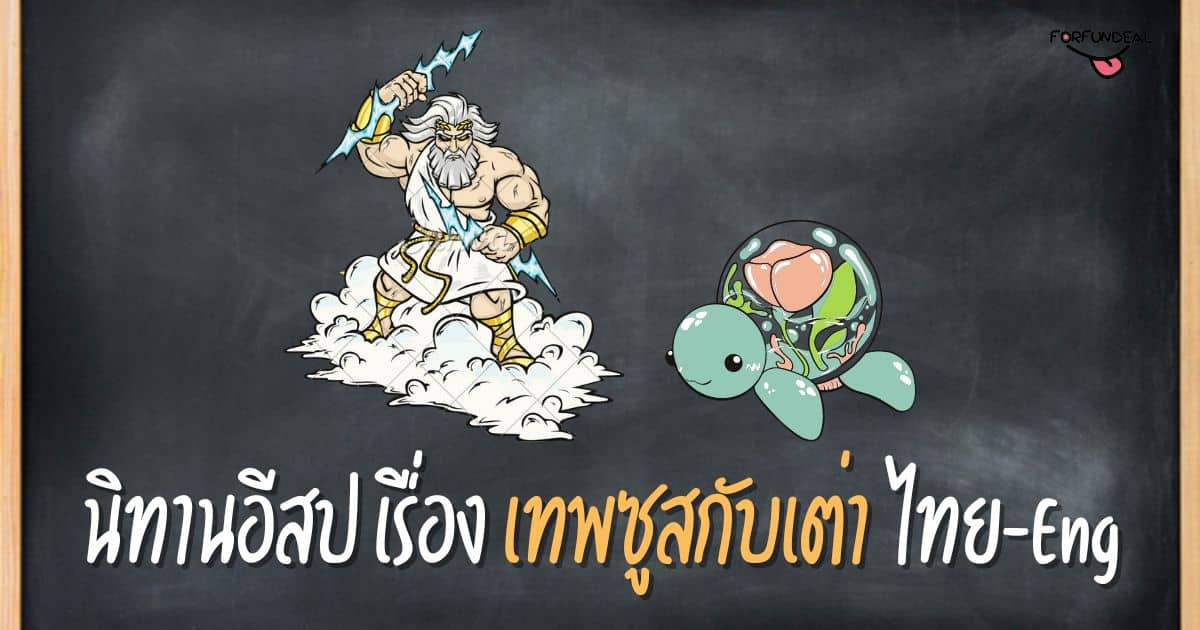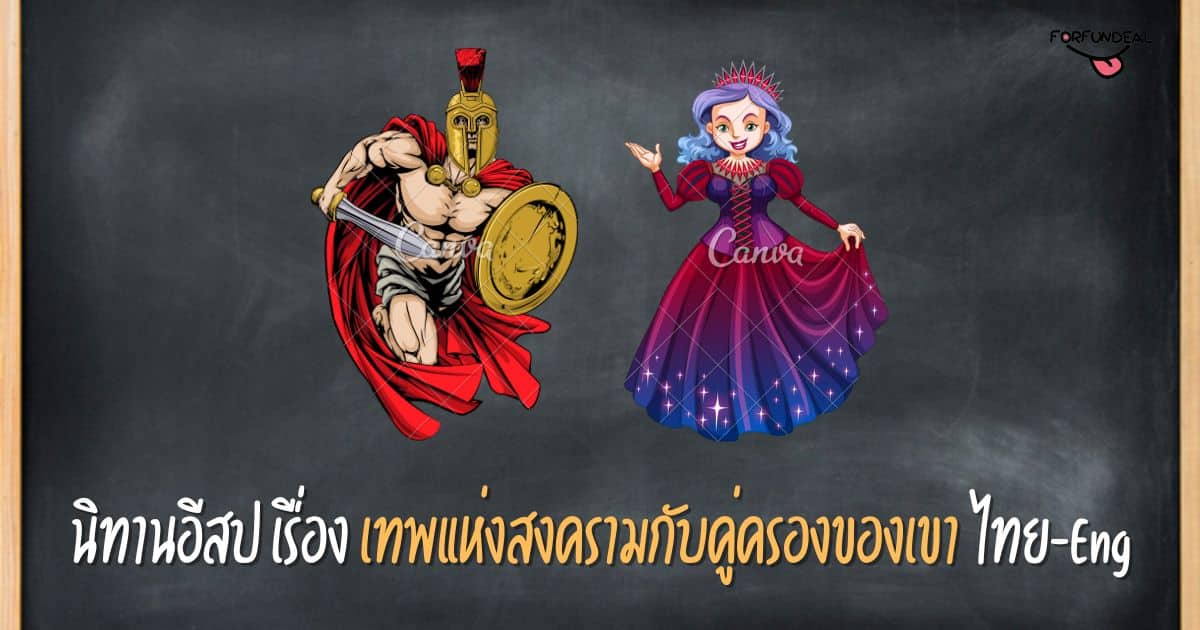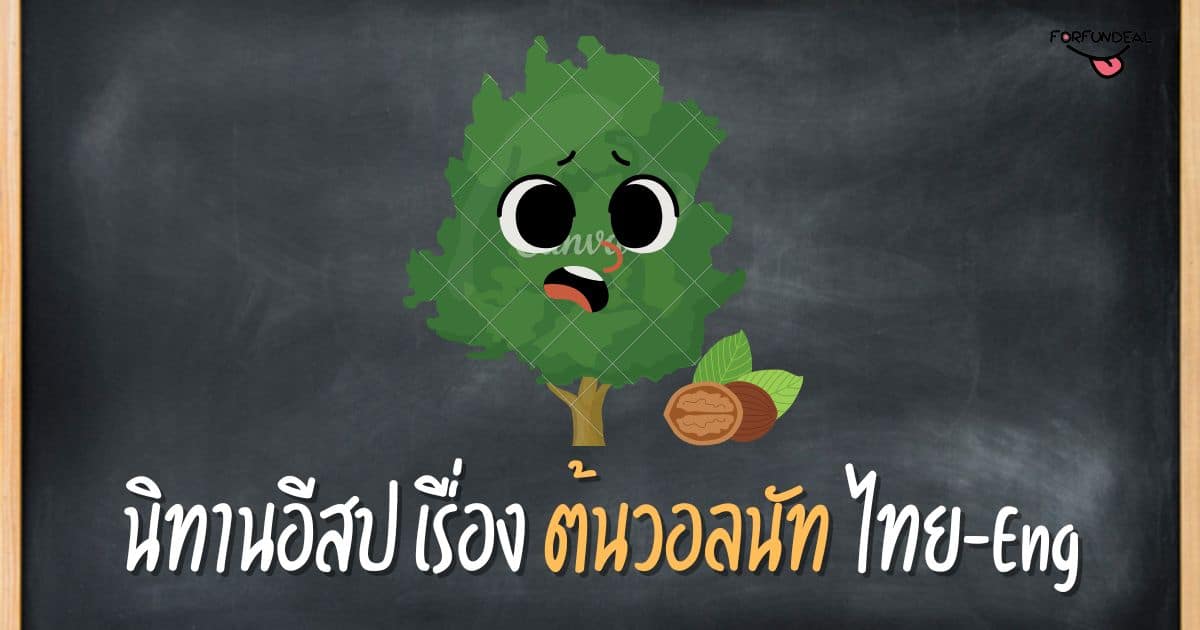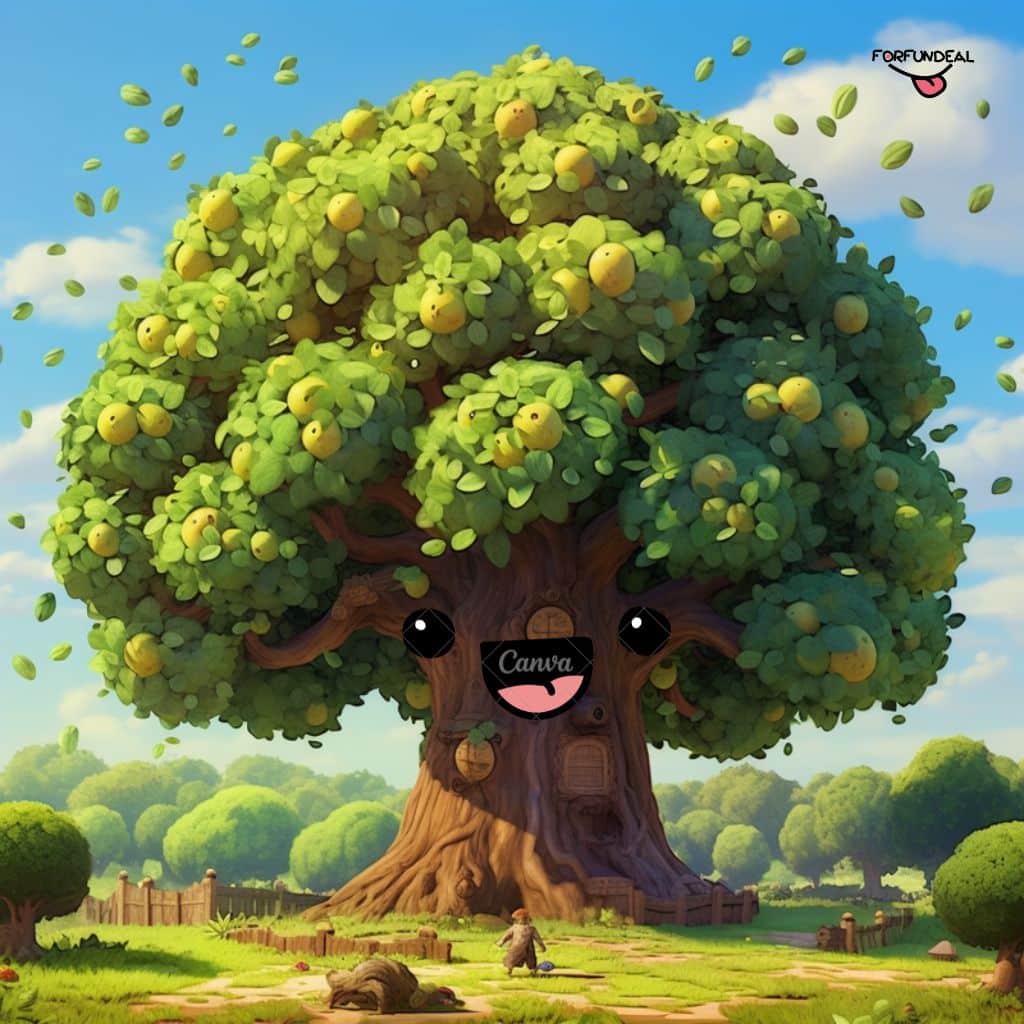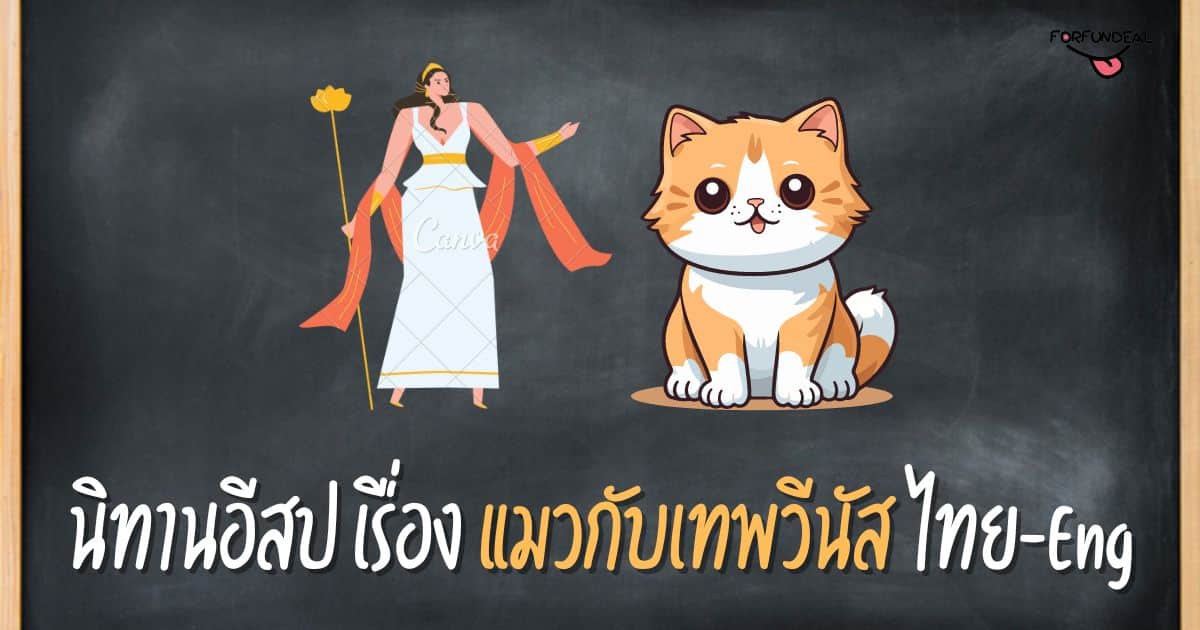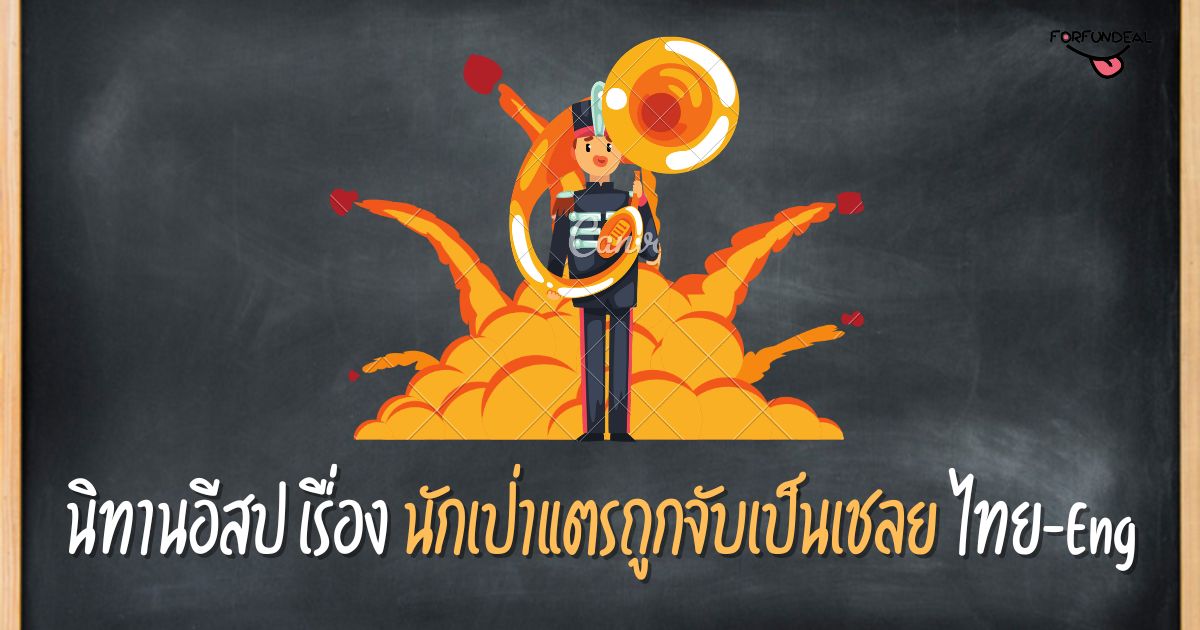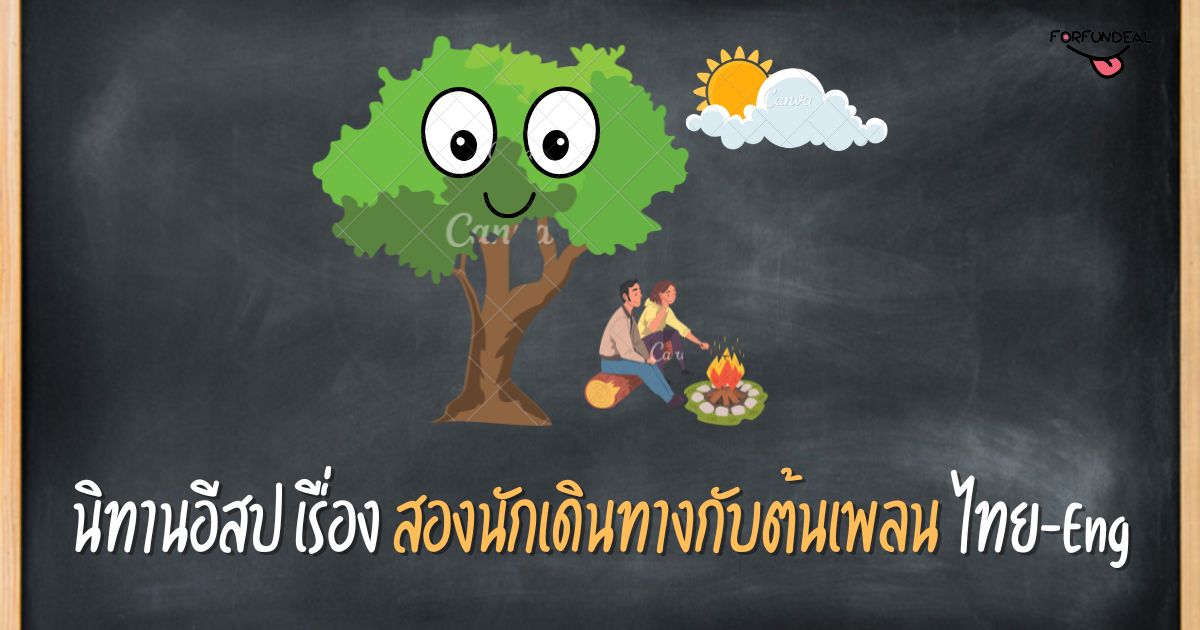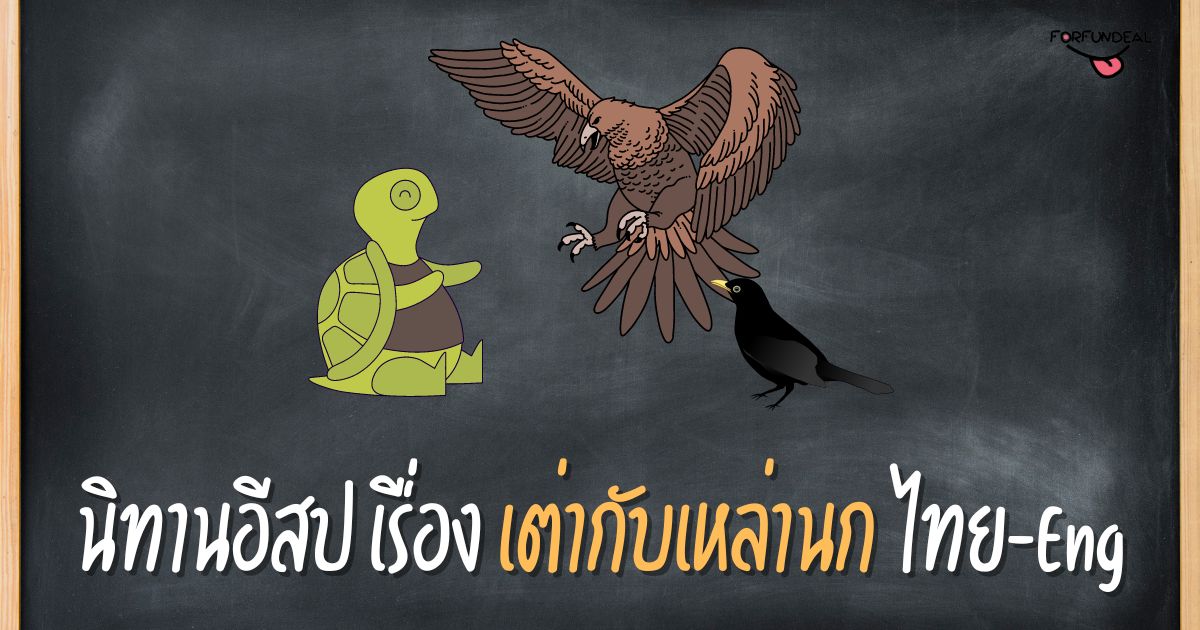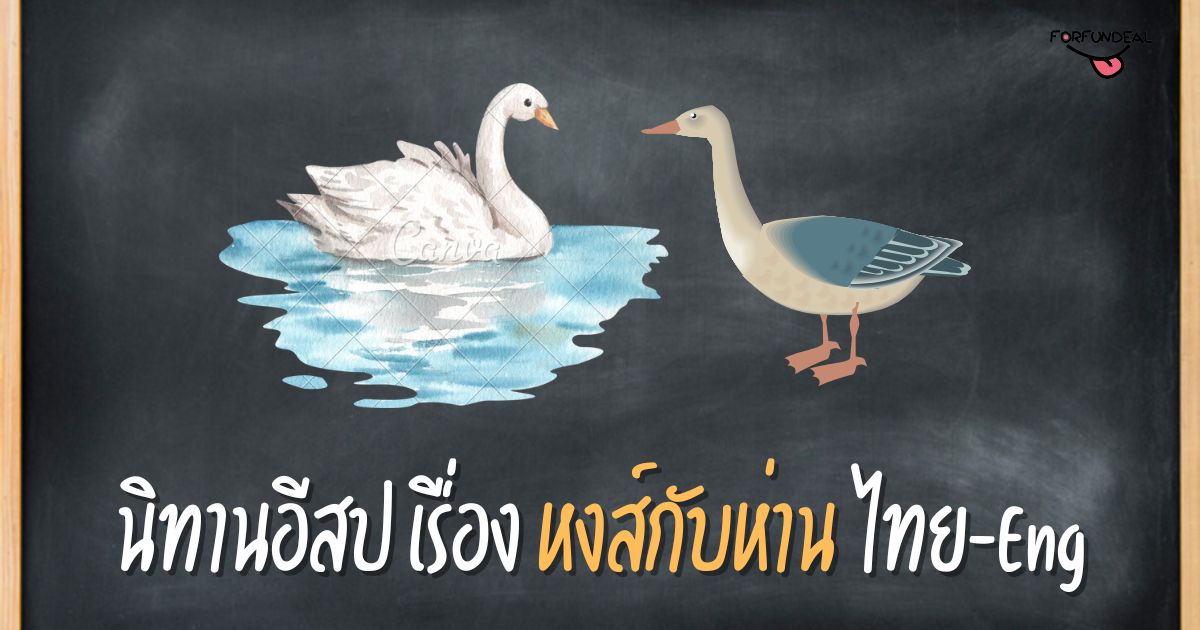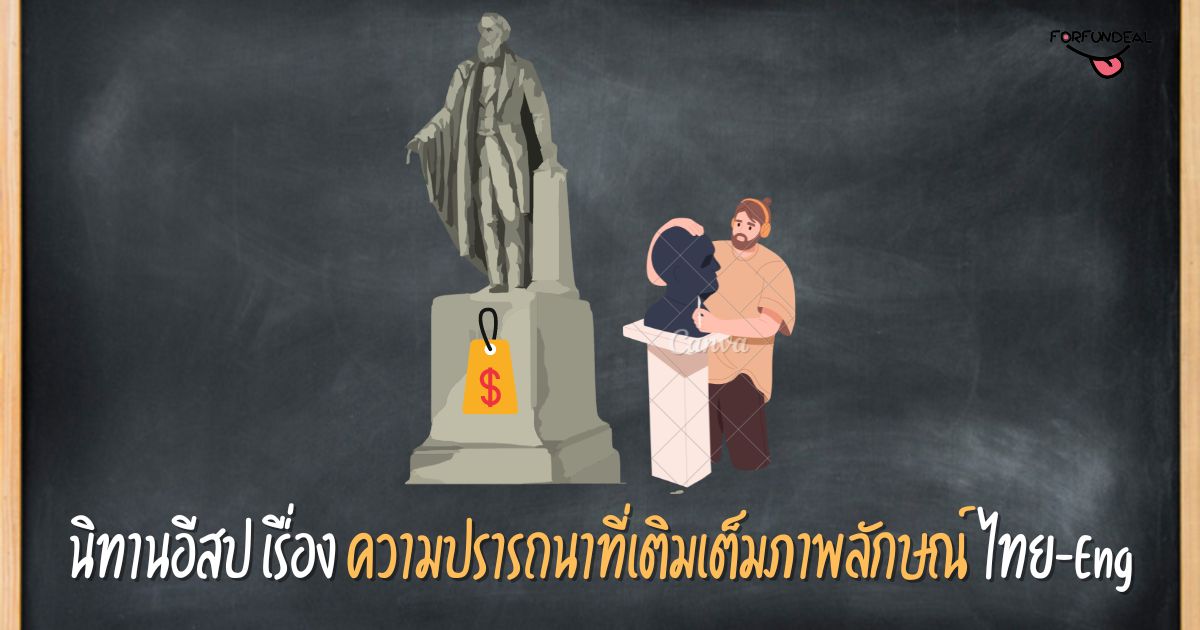“เทพซูสกับเต่า” เป็นนิทานอีสปที่เล่าถึงซูสได้เชิญสัตว์ทุกตัวมาร่วมงาน แต่เต่ากลับไม่มา เพราะชอบอยู่บ้านมากกว่า ซูสโกรธมาก เลยสาบให้เต่าต้องแบกบ้านของมันไปทุกทุกที่ เป็นนิทานเชิงล้อเลียนเต่าซึ่งกระดองของมันก็เปรียบเสมือนบ้านนั่นเอง
นิทานอีสปเรื่องเทพซูสกับเต่า
กาลครั้งหนึ่งนานมาแล้ว ในอาณาจักรแห่งเทพเจ้าโบราณ การเฉลิมฉลองงานแต่งงานครั้งใหญ่กำลังดำเนินอยู่ ซูส กษัตริย์แห่งเหล่าทวยเทพได้ส่งคำเชิญไปยังสิ่งมีชีวิตทุกชนิดในโลก ตั้งแต่ผู้ที่มีอำนาจที่สุดไปจนถึงผู้ที่ต่ำต้อยที่สุด สัตว์ทุกตัวเข้าร่วมด้วยความกระตือรือร้นที่จะมีส่วนร่วมในการเฉลิมฉลองอันศักดิ์สิทธิ์
Once upon a time, In the realm of ancient gods, a grand wedding celebration was underway. Zeus, the king of the gods, had extended an invitation to all the creatures of the earth, from the mightiest to the humblest. Every animal attended, eager to partake in the divine festivities.
อย่างไรก็ตาม ท่ามกลางความปีติยินดี มีสิ่งหนึ่งที่ขาดหายไป นั่นคือเต่า ซูสรู้สึกงุนงงสับสนกับการที่เต่าเลือกที่จะอยู่ลำพัง จึงออกตามหาเต่าและสอบถามว่าเธอไม่ไปจากงานเฉลิมฉลองครั้งยิ่งใหญ่
However, amidst the jubilation, there was one notable absence—the tortoise. Zeus, perplexed by this lone absentee, sought out the tortoise and inquired about her absence from the grand celebration.
เต่ามีท่าทางเชื่องช้าและสุขุมรอบคอบตอบว่า “ท่านซูสผู้ยิ่งใหญ่ ถึงแม้คำเชิญของท่านจะดูมีน้ำใจ แต่ข้าก็เลือกที่จะอยู่ในที่พักอาศัยอันแสนสะดวกสบายของข้า เพราะด้วยความเรียบง่ายของบ้าน ข้าจึงพบความพึงพอใจแล้ว”
The tortoise, with her slow and deliberate manner, replied, “Great Zeus, though your invitation was gracious, I chose to stay within the comforts of my humble abode. For in the simplicity of home, I find contentment.”
ซูสซึ่งเป็นที่รู้จักจากนิสัยที่ไม่อาจคาดเดาได้ รู้สึกไม่พอใจกับคำตอบของเต่า เขารู้สึกว่าการไม่อยู่ของเต้าทำให้โอกาสอันน่ายินดีเสียไป และด้วยความโกรธของเขา เขาจึงตัดสินใจลงโทษแบบพิเศษ ตั้งแต่วันนั้นเป็นต้นมา เต่าจะต้องแบกบ้านของมันไปทุกทุกที่ เป็นเกราะป้องกัน ไม่ว่ามันจะไปที่ไหนก็ตาม นั่นก็คือกระดองเต่านั่นเอง
Zeus, known for his unpredictable temper, was displeased by the tortoise’s response. He felt that her absence had marred the joyous occasion, and in his anger, he decreed a unique punishment. From that day forward, The turtle has to carry its home everywhere, his protective shell, wherever she ventured. That’s a turtle shell.

นิทานเรื่องนี้สอนให้รู้ว่า
“คุณค่าของความเรียบง่ายและความพึงพอใจในสภาพแวดล้อมของเราเอง รวมถึงผลที่ตามมาจากการตัดสินใจที่เร่งรีบด้วยความโกรธ”
- คุณค่าของความเรียบง่าย: การเลือกเต่าที่จะอยู่บ้านแสดงให้เห็นถึงคุณค่าของความเรียบง่ายและการค้นหาความพึงพอใจในสภาพแวดล้อมของตนเอง
- ความเคารพต่อคำเชิญ: เมื่อได้รับเชิญให้เข้าร่วมในงานเฉลิมฉลองหรืองานต่างๆ โดยทั่วไปถือว่าเป็นการให้เกียรติในการเข้าร่วม เนื่องจากการไม่อยู่อาจรบกวนความสามัคคีของโอกาส
- ผลที่ตามมาของความโกรธ: ปฏิกิริยาหุนหันพลันแล่นของซูส ต่อการไม่อยู่ของเต่าทำหน้าที่เป็นเครื่องเตือนใจถึงผลที่ตามมาจากความโกรธและการตัดสินใจที่เร่งรีบ
- ความขอบคุณสำหรับที่อยู่อาศัย: เรื่องราวกระตุ้นให้เราชื่นชมความสะดวกสบายและความปลอดภัยของบ้าน ไม่ว่าบ้านนั้นจะต่ำต้อยแค่ไหนก็ตาม
- การปรับตัวต่อการเปลี่ยนแปลง: การลงโทษของเต่าในการอุ้มกลับบ้านทำให้เรานึกถึงความสามารถในการปรับตัวและความยืดหยุ่นที่อาจเกิดขึ้นจากความท้าทายหรือการเปลี่ยนแปลงที่คาดไม่ถึงในชีวิตของเรา
- ความสำคัญของความอ่อนน้อมถ่อมตน: แม้แต่สิ่งมีชีวิตที่แข็งแกร่งที่สุดอย่างซูส ก็สามารถเรียนรู้บทเรียนเกี่ยวกับความอ่อนน้อมถ่อมตนจากสิ่งมีชีวิตที่เรียบง่ายที่สุด
“Value of simplicity and contentment in our own surroundings, as well as the consequences of hasty decisions made in anger.”
- Value of Simplicity: The tortoise’s choice to stay home illustrates the value of simplicity and finding contentment in one’s own surroundings.
- Respect for Invitations: When invited to partake in celebrations or events, it’s generally considered respectful to attend, as absences can disrupt the harmony of the occasion.
- Consequences of Anger: Zeus’ impulsive reaction to the tortoise’s absence serves as a reminder of the consequences of anger and hasty decisions.
- Appreciation for Home: The story encourages us to appreciate the comforts and security of our homes, no matter how humble they may be.
- Adapting to Change: The tortoise’s punishment of carrying her home reminds us of the adaptability and resilience that can arise from unforeseen challenges or changes in our lives.
- Importance of Humility: Even the mightiest beings, like Zeus, can learn lessons in humility from the simplest of creatures.
โดยสรุปแล้วนิทานเรื่องนี้ถ่ายทอดภูมิปัญญาเกี่ยวกับความพึงพอใจ ความเคารพ และผลที่ตามมาของการตัดสินใจที่หุนหันพลันแล่น โดยนำเสนอบทเรียนเหนือกาลเวลาที่นิทานพื้นบ้านและนิทานมักถ่ายทอด

